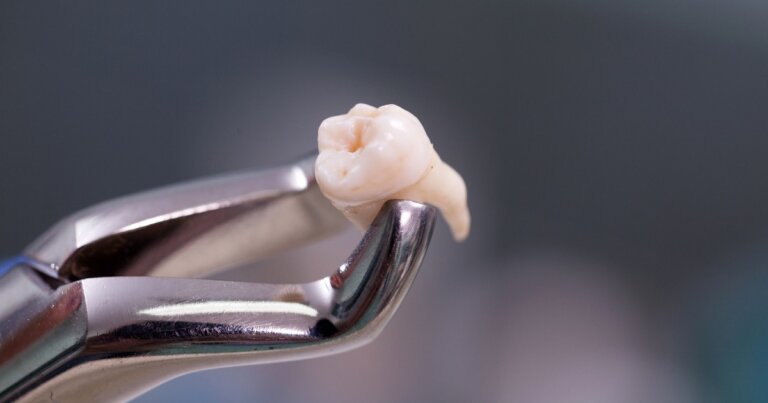Oral Surgery Post-Operative instructions

How To Ensure A Smooth Recovery After Oral Surgery
Recovering from oral surgery, whether it’s a tooth removal, wisdom tooth extraction, or dental implant surgery, requires careful attention to post-operative care. By following the right steps, you can promote healing, reduce pain, and avoid complications such as infection or dry socket. This guide will provide you with detailed post-surgery instructions to help you recover as quickly and comfortably as possible.
Managing Bleeding After Oral Surgery
After any oral surgery, it’s common to experience some bleeding. Your dentist may provide gauze for you to bite down on in order to control the bleeding and help the blood clot form. Follow these steps:
- Initial Bleeding: Bite down gently on the gauze for about 30 minutes, then discard it. Some slight bleeding or oozing may continue for up to 24-48 hours.
- Heavy Bleeding: If bleeding persists or becomes heavy, fold extra gauze or a tea bag, moisten it, and bite down for 30 minutes. The tannic acid in tea can help the blood clot. If bleeding continues beyond a few days, contact your dentist or visit the emergency room.
Understanding Sutures (Stitches)
Your dentist may use dissolvable sutures, which will naturally dissolve within 1-2 weeks. If non-dissolvable sutures were used, you will need to return for removal.
Preventing Dry Socket
A critical part of the recovery process is avoiding Dry Socket, a condition that occurs when the blood clot in the extraction socket dislodges or dissolves, exposing the bone and nerves. Dry socket can cause significant pain and delay healing, so be mindful of these precautions:
- Avoid sucking through straws, vigorous spitting, and forceful rinsing for at least 24 hours.
- Let liquids fall from your mouth gently into a sink.
Managing Swelling
Swelling is a normal part of recovery after oral surgery and can last up to 48 hours. To minimize swelling:
- Apply a cold compress or an ice pack wrapped in a cloth to the affected area for 15-20 minutes at a time, with breaks in between.
- Expect more swelling if the surgery was more complex, such as a wisdom tooth extraction.
Pain Management After Oral Surgery
Pain following oral surgery is common, but it can be managed with the right approach:
- Over-the-counter pain relievers like ibuprofen (Advil) or acetaminophen (Tylenol) can help alleviate discomfort. Always follow the recommended dosage.
- A powerful combination is 1000mg acetaminophen with 600mg ibuprofen every 4-6 hours, unless otherwise instructed by your dentist.
Preventing Infection
To ensure a smooth recovery, keep the surgical area clean. Your dentist may prescribe antibiotics, especially if the surgery was complex or the area was infected.
- If prescribed, finish the full course of antibiotics, even if you feel better before finishing.
- Contact your dentist immediately if you notice worsening symptoms or have difficulty swallowing or breathing.
Keeping the Surgical Area Clean
For the first 24 hours, avoid brushing, flossing, or rinsing your mouth. After this period:
- Rinse gently with warm salt water to promote healing.
- If given a syringe, use it to rinse the extraction site after meals to remove food debris.
Reintroduce toothpaste after 48 hours, but avoid placing toothpaste directly on the extraction socket during the first few days.
Lifestyle Considerations During Recovery
- Avoid Smoking and Alcohol: Both tobacco and alcohol can interfere with the healing process and increase the risk of complications such as infection or dry socket.
- Avoid Vigorous Exercise: Intense physical activity may increase swelling and cause bleeding. Resume normal activities after a few days, but stop immediately if bleeding or pain occurs.
Dietary Instructions
While recovering, it’s important to follow a soft food diet to avoid irritating the surgical area:
- Opt for soft, easy-to-eat foods such as mashed potatoes, yogurt, scrambled eggs, and smoothies.
- Avoid hot, cold, spicy, or acidic foods for the first 48 hours.
- Drink plenty of water to stay hydrated, and avoid foods like nuts and seeds that could become lodged in the socket.
Have Questions?
If you have any questions or concerns regarding your recovery, don’t hesitate to contact us. Our team is here to support you and ensure that your healing process is as smooth as possible.

